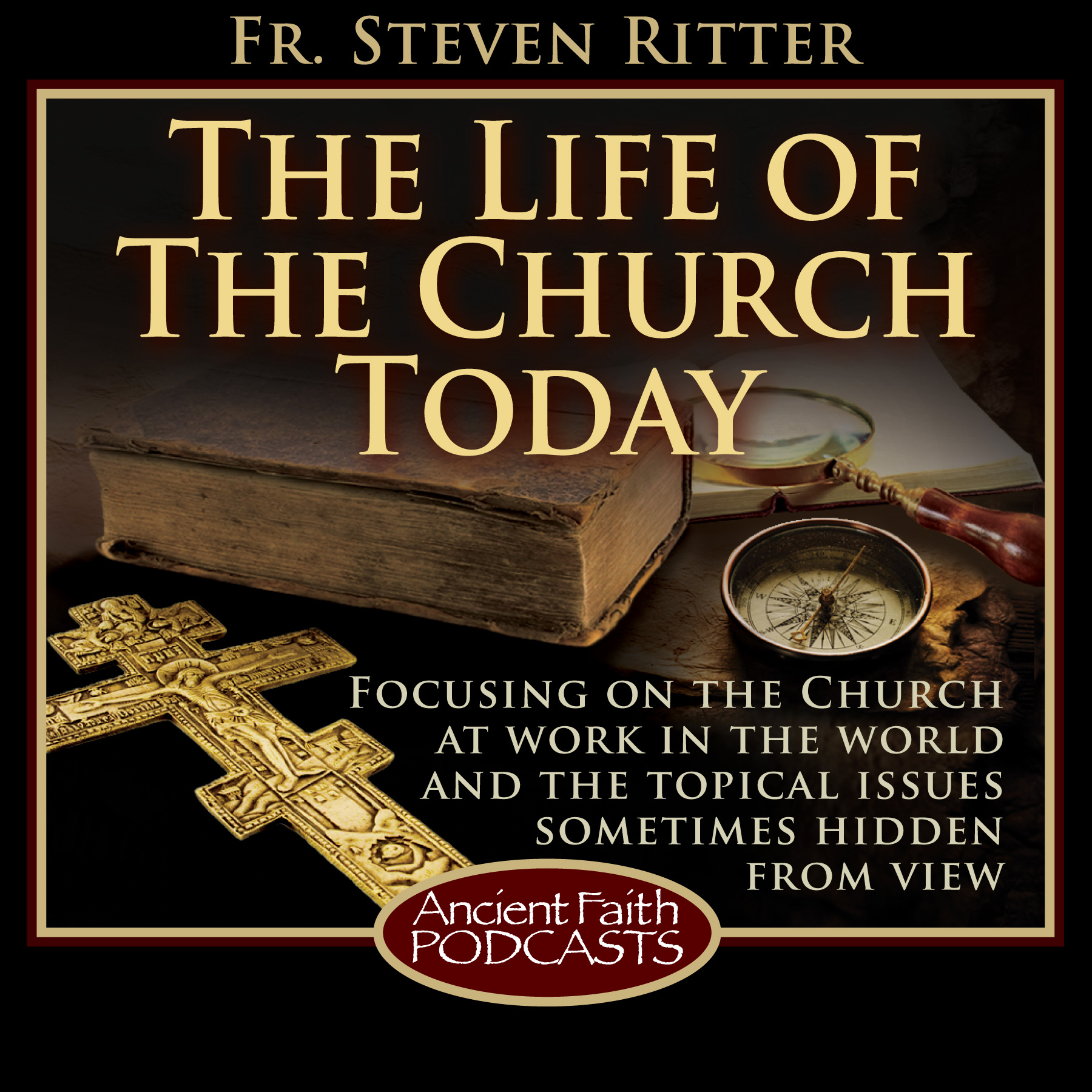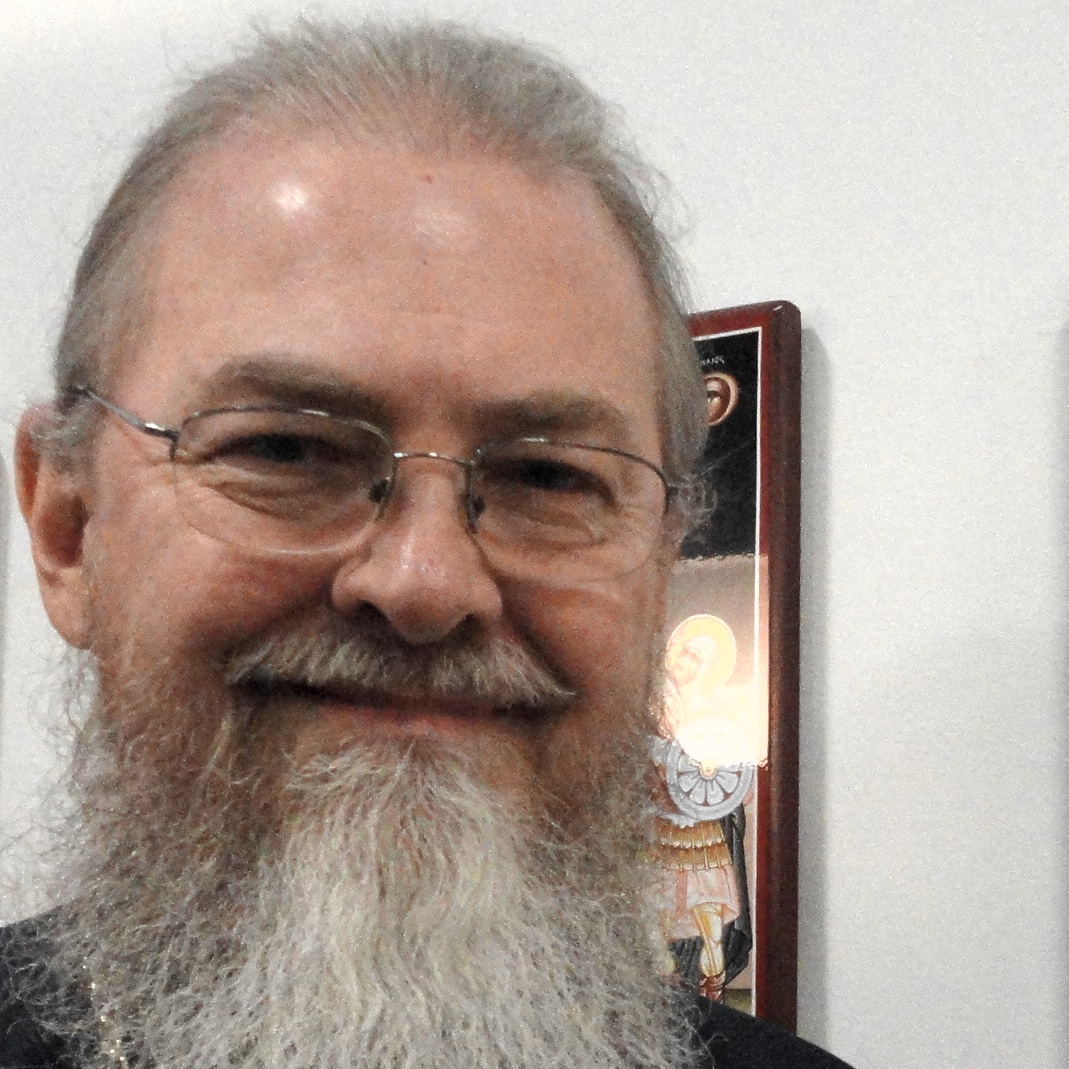Dear friends, what a year it has been! Well, make that two, and maybe it’ll be three; we just don’t know. COVID, it appears, is dissipating, though still hanging around, and most people are so sick of hearing the word that they would like to scream. But now that it is fading into the fabric of endemicity—at least that’s what’s hoped for—it will still be appearing among us for the near future, maybe even forever. Remember the Spanish flu? Well, of course you don’t. It’s over a hundred years ago that it appeared. But did you know that the 1918 H1N1 virus is still with us today? Well, not to scare anyone, but after all this time it is still circulating, but in a far less virulent form, because, as descendants of the folks that had to suffer through it, we have developed immunity to it. Eventually, the same will probably be said for our own descendants, though we might never see the day when the word “COVID-19” disappears from the common lexicon.
Recovery from the pandemic has been and is slow and painful. Only now are we beginning to understand the very real toll it has taken in numerous areas of our lives, involving civic, health, educational, political, familial, commercial, and communication—all are affected, and some perhaps profoundly. On top of this, current financial woes are striking at the heart of the American dream, however you wish to define it, and, as always happens in time of economic downturn, battles in the political world are invading us every day, and Orthodox nation is waging war against another Orthodox nation, which undoubtedly scars the face of Orthodoxy all over the world. Other countries are threatening us. Division and the deepest and most resentful type of animosity is infecting even the closest of family ties, with brother against brother, sister against sister, children against their parents. Big Brother seems to be reaching into every aspect of our lives, including the just-mentioned family, where such ties were once sacrosanct. It all seems just too horrible to contemplate any more.
You know, I wish I could paper over all of it. I wish I could say that none of the things were real problems and issues. I wish I could tell you that better days were just ahead—but I can’t, because, in fact, better days may not be ahead, at least for some time. Everything I mentioned is real and of great concern, but I have yet a bigger concern, and you would be correct in asking: What could possibly be worse than all of this? And I do have an answer for you.
What is worse is our reaction and response to all of this—far worse. As Orthodox Christians, we are first and foremost people of hope, people of faith, people of love. If we have not these things, we really aren’t much more than everyone else in the world. We are supposed to be the salt of the earth, but too often our response to difficulties is more like the dung of the pasture. We cling to the earth instead of elevating our minds and our hearts heavenward.
Remember the temptation of the Lord after his baptism, as recorded by St. Matthew? The first temptation was when Jesus was hungry, and the devil offered to create bread from stones. Jesus rejected the devil, and instead angels fed him. For the second temptation, the devil told Jesus to test God by throwing himself off the highest point of the mount, and Jesus replied that “It is forbidden to put the Lord God to the test.” For the third temptation, the devil looked down across the land and offered Jesus the kingdoms of the world if he would but bow down to Satan. Jesus refused, and instead told the devil to get out of his sight. All three involved turning his eyes away from God, and even now we insist on doing the same. For bread, the concern over our life and materiality; for the leap off the pinnacle of the mountain, a lack of faith in God’s power; for the kingdoms of the world, our desire for an easy, uncomplicated life; and the ultimate bowing down to Satan as the final giving of our lives to the issues of the world, which are definitely inspired by, as the Lord himself said, the ruler of this world.
“Say what!?” you might ask. Yes, Satan is indeed the ruler of this world, so all our ideas about infusing our energies into its problems is barking up the wrong tree. Listen to a quote from a book which we all know, or should know, the holy Scriptures. St. John tells us that the Lord said, “Satan, the ruler of this world, will be cast out.” St. Paul tells us in 2 Corinthians that “Satan, who is the god of this world, has blinded the minds of those who don’t believe the gospel.”
Well, I said before that our reaction to what is happening to us is by far the more serious issue than the events and problems actually occurring. This might puzzle you, but what I have observed ever since the pandemic began, and all the subsequent ills that are affecting us in so many ways, is that our obsession with them is leading us astray in the most profound manner. We have become diverted, my brothers and sisters, diverted in a way that is most un-Christ-like, and should motivate us to examine what it is we really believe.
Most of us will still mouth the words, “I believe…” and insist on our dedication and love for the faith, especially in a group setting of other Christians or perhaps in church itself, where such affirmations are expected of one. But what of private life? What are the thoughts and concerns that many of us are really feeling day after day, in our solitary moments or in our conversations with significant others in our home, or the nagging irritants that so plague us that we are distracted in prayer, worrying about and thinking about in our minds so often, or even being led away from spiritual activities that would benefit us greatly, except for our inability to truly trust God in these things. It’s not overt, and maybe it’s not even conscious, but the fact remains that the ways of the world are the ways of the world, and our calling is not to solve the unsolvable, for this world is passing away, and we will never be able to save it. Only One can—and has.
Our usurpation of the Lord’s right and ability is an implicit declaration that the direction he chose for us on the mountain in resisting temptation was the wrong one. This is not his will, and not what he wishes for us. We know, my dear ones, that worry in general is not something we are to do as Orthodox Christians. We know that it is not right for us to be so concerned about materiality—for he told us that grass thrown into the fire was arrayed greater than Solomon and that we are far more important than it—or testing God by making our response contingent on his actions, or by neglecting so great a salvation as putting all our eggs into the world’s troublesome basket.
We act as if we are afraid, and I have heard it all. Problems here, problems there, conspiracies everywhere. Enjoying political talk more than spiritual talk, being sucked inadvertently into the ranks of the Antichrist—which, by the way, is impossible—preparing to survive the tribulation, acting as ones without hope, and constantly spending more time researching what we think is really going on in the world, and most importantly staying away from the Church because of frivolous reasons that display more of a concern for everyday life than everyday spiritual life. It boggles the mind! Yet these are the temptations that assault us today. We desperately need a corrective.
That corrective is simply listening to the words of the Lord, who knows what we are facing and what we might face, but still insists on telling us that all of these concerns are for naught. St. John again tells us, “The ruler of this world approaches. He has no power over me.” Did you get that? No power. He has overcome the world; in other words, there’s no reason for us to do anything about it, except one thing: unite us to him.
Think of St. Stephen the Protomartyr, as he was being stoned. Were his hands up, trying to block the assault? Was he talking his way out of his predicament? Hardly. He was lifting his eyes to heaven, and all of a sudden, nothing else mattered to him. His life was of no concern at that moment. The future of the world was of no concern. Only his mindfulness of the Lord was important to him; only his destiny as a child of God mattered. This is the way it should be for us also, the way the Lord wills it for everyone.
The world is fallen, that we know, but we are called out of it to transform it. For only by this transformation can anything good happen in it. Being fearful of the future should be a phrase that is oxymoronic for Orthodox. For he who has overcome death shows us the way, that no matter which direction the world weathervane is swinging, all will be well if we keep looking to the Lord in everything we do, especially now in this Christmas season of apokatastasis or restoration of all things as the Lord becomes one of us and transforms everything.
Are we to take that transformation unto ourselves and go forth boldly and without fear, giving the ways of this life only as much thought as is needed to help our fellow human beings, leaving the rest to him who said, “These things I have spoken to you, that in me you may have peace. In the world you have tribulation, but be of good cheer: I have overcome the world”? We should allow him to keep his word. And may God keep each and every one of you.

 Fr. Steven Ritter
Fr. Steven Ritter